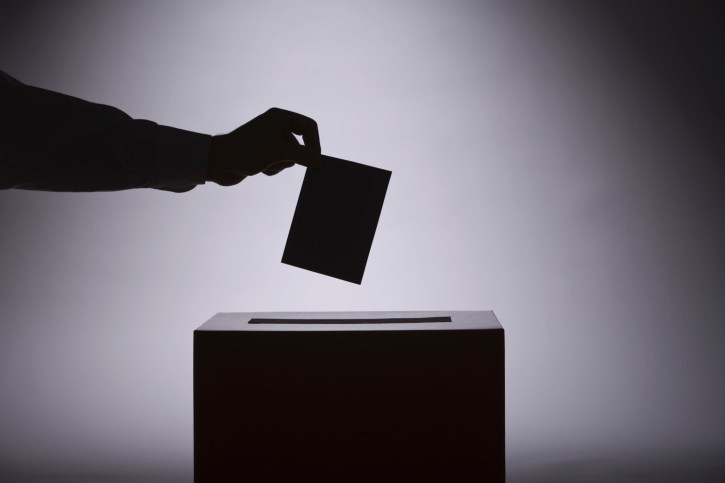A special provincial committee on municipal election financing recommends caps for political spending but no donation limits for unions and developers, except for third-party advertisers.
The recommendation would mean little change for larger cities, such as Coquitlam and Port Coquitlam, but could put a dent in spending in hotly contested votes in smaller towns, such as Port Moody, where the battle for the mayor's job last November resulted in hefty expenditures.
Under the proposed new provincial regs, in Coquitlam, which had a 2011 census-recorded population of 127,000, allowable spending for a mayoral election would be about $76,600 — slightly more than the $73,460 Mayor Richard Stewart spent on his re-election bid last year — while Port Coquitlam's population of about 58,000 would mean a cap of $38,650 to run for mayor. In that city, PoCo Mayor Greg Moore spent $38,491 on his campaign last fall, just slightly below the recommended limit.
It would be in Port Moody where mayoral candidates would have to be more circumspect in their spending, based on the recommended formula that has yet to be introduced to the legislature. In that city, with an estimated population of 34,000, the spending cap for mayor would be about $25,450. In the last election, Mayor Mike Clay spent $41,239 to win his seat back while challenger Gaetan Royer spent $61,768 on his campaign.
Under the plan, mayoralty candidates in cities with more than 10,000 residents could spend $1 per capita for the first 15,000 population and $0.55 per capita for 15,000 to 150,000 population, $0.60 per capita for 150,000 to 250,000 population, and $0.15 per capita for the remaining population.
The committee unanimously agreed to recommend flexible expense limits which recognize the different needs of smaller and larger communities as well as the differences between mayoral candidates and candidates for other locally elected offices.
Candidates for council and school trustee could spend $0.50 per capita for the first 15,000 population. $0.28 for 15,000 to 150,000 population, $0.30 for 150,000 to 250,000, and $0.08 for the remaining population.
Meanwhile, spending on election campaigns in towns with populations of 10,000 or fewer people would be capped at $10,000 for mayor and $5,000 for council and school trustee.
Coquitlam-Maillardville NDP MLA Selina Robinson, deputy chair of the committee — and a former Coquitlam city councillor — said the recommendations acknowledge the election differences between towns and larger cities.
"The committee unanimously agreed to recommend flexible expense limits which recognize the different needs of smaller and larger communities as well as the differences between mayoral candidates and candidates for other locally elected offices," Robinson stated in a press release.
Third party advertisers would also see caps on spending of up to 5% of the mayoral candidate's limit, with similar caps for trustee and council candidates. The spending limits would be in effect starting on Jan. 1 of each election year. (The next municipal elections in B.C. will be held in 2018.)
The recommended rules still have to be approved by the legislature but the BC Liberal and NDP members of the committee endorsed them unanimously. They are part of a series of local election reforms that included extending terms to four years. B.C. is joining Ontario, Quebec, Manitoba, Saskatchewan and Newfoundland and Labrador in placing spending limits on at least some of their local elections.
– with files from Tom Fletcher, Black Press



